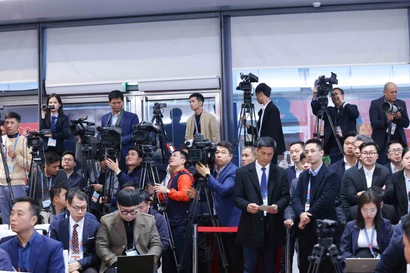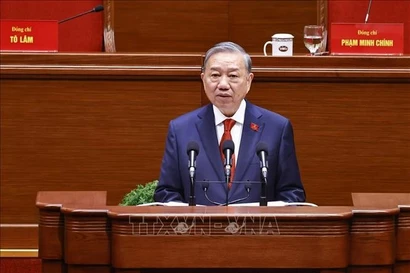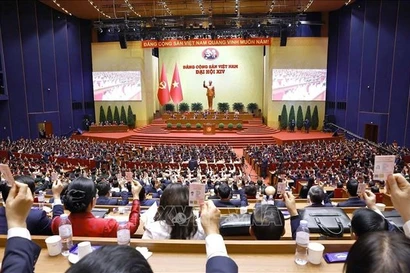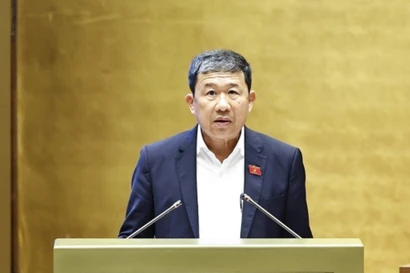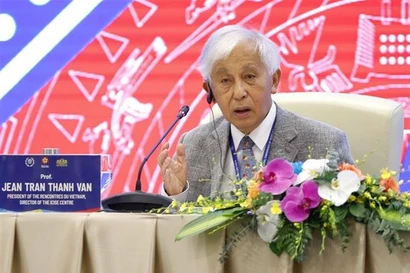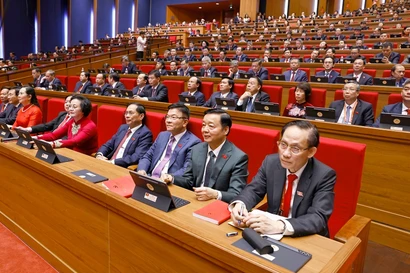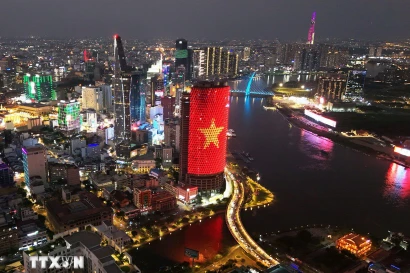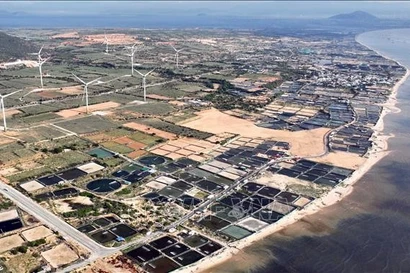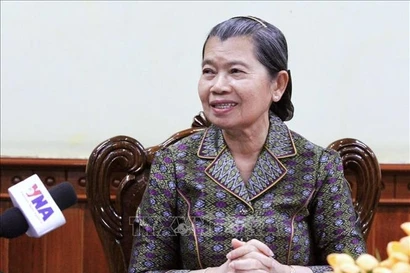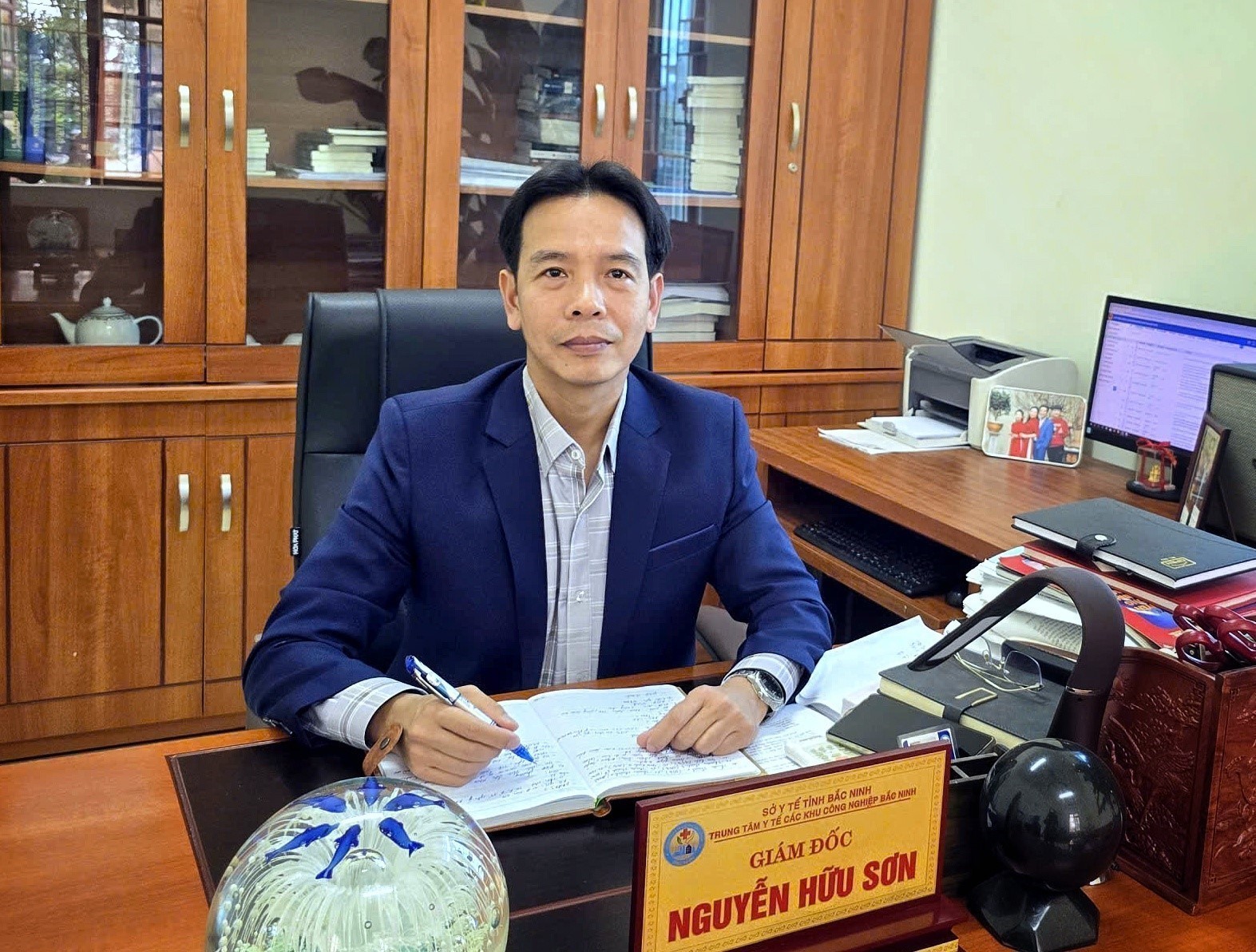
Bac Ninh (VNA) – As Bac Ninh province continues to grow as one of Vietnam’s leading industrial and electronic manufacturing hubs, insiders have called for the completion of a comprehensive healthcare model for industrial and export processing zones to better protect the health of hundreds of thousands of workers.
Bac Ninh is currently home to 35 industrial parks with a total planned area of nearly 10,500 hectares, employing around 552,000 workers, including more than 21,000 foreigners. This large and diverse workforce plays a vital role in driving the province’s economic development, but it also poses significant challenges to the local healthcare system.
Giving feedback to the draft documents of the 14th National Party Congress, Nguyen Huu Son, Director of the Bac Ninh Industrial Zones Health Centre, emphasised the urgent need to strengthen and modernise healthcare systems in industrial, export processing, and high-tech zones.
He warned that without comprehensive solutions, healthcare facilities in industrial areas would struggle to keep up with the rapid pace of industrialisation and the growing workforce.
Despite regular workplace inspections, health checks, and occupational disease prevention programmes, many problems remain. Industrial workers often face long-hour and intense workloads, leaving little time for personal health care. Many seek medical help only when illnesses become severe.
Meanwhile, Son pointed out, emergency response systems in enterprises are inconsistent, with insufficient equipment and a shortage of trained personnel. Many businesses have not conducted pre-employment health checks for workers in arduous and hazardous jobs, nor have they developed emergency response plans or signed medical support contracts.
Recognising these challenges, the Bac Ninh Department of Health has proposed a project to enhance health management capacity and medical services in industrial parks for the 2025–2030 period. The initiative aims to modernise the healthcare network, apply digital technologies in worker health management, and establish electronic health records integrated between enterprises and local health authorities.
The project focuses on upgrading medical facilities and equipment, improving periodic health checkups and occupational disease detection, training specialised health personnel, and promoting communications and training in first aid, workplace safety, disease prevention, and food hygiene.
According to Son, such efforts are in line with the national strategy on public health protection, care, and improvement until 2030, with a vision to 2045, and the Party’s goals for sustainable development and social security.
He proposed that the draft documents of the 14th National Party Congress should include a clear orientation for developing healthcare models in industrial, export processing, and high-tech zones.
“When healthcare systems in industrial parks are digitalised and data is connected, Bac Ninh can establish a modern health management model capable of giving early warnings on occupational diseases, environmental pollution, or epidemics,” he said.
This will be a crucial foundation for safeguarding workers – the key driving force for sustainable growth, he opined./.

